Service hotline
+86 0755-83975897
Release date:2024-11-28Author source:KinghelmViews:1741
USB connectors are an integral part of modern electronic devices, widely used across a variety of consumer electronics. Whether it’s smartphones, computers, televisions, or other portable electronic devices, the functionality and development history of USB connectors have provided the foundation for seamless device interconnectivity. This article provides an in-depth look at what USB connectors are, their history, features, specifications, functions, applications, and major manufacturers, offering valuable information for procurement and engineering teams in the consumer electronics industry.
What is a USB Connector?
A USB connector, short for "Universal Serial Bus connector," is a hardware interface used for data transmission, charging, or connecting devices between computers and other electronics. Designed for fast data exchange and power supply, it has become one of the most common interfaces in modern consumer electronics.
A USB connector typically consists of several metal contacts that establish an electrical connection. These contacts are linked to the device’s USB port via a dedicated cable, enabling data transfer, peripheral connection, and power supply. The main advantages of USB connectors include their efficiency, ease of use, and broad compatibility.
The History of USB Connectors
Since the introduction of the USB standard in 1996, USB connectors have undergone several stages of development. The original USB 1.0 standard supported low-speed data transfer, but with technological advancements, newer versions like USB 2.0, USB 3.0, and subsequent iterations have been released, each bringing significant improvements in transfer speeds, power supply capabilities, and compatibility.
For example, USB 2.0 supports a maximum data transfer rate of 480Mbps, while USB 3.0 and later versions offer even faster speeds — USB 3.1, for instance, can achieve transfer speeds up to 10Gbps. These advancements have made USB connectors increasingly popular in consumer electronics, with applications spanning virtually all devices requiring data transfer or power supply.
USB connectors offer several standout features that make them the preferred interface for consumer electronics. Key features include:
● High transfer speeds: USB connectors support different transfer speeds, from USB 1.0 to USB 3.1, meeting the high-speed data transfer demands of modern electronic devices.
● Power supply capabilities: USB connectors can supply power, with USB 3.0 and above providing up to 5V/900mA of power output, making them suitable for charging most electronic devices.
● Wide compatibility: USB connectors are compatible with virtually all operating systems, including Windows, macOS, and Linux, ensuring seamless device connections.
● Convenience: With plug-and-play design, USB connectors allow users to quickly connect devices without needing additional drivers.
Understanding the key specifications of USB connectors is crucial when selecting and designing consumer electronic devices. Some important parameters include:
● Transfer speed: Different versions of USB connectors support various data transfer speeds, such as USB 2.0 (480Mbps), USB 3.0 (5Gbps), and USB 3.1 (10Gbps).
● Power output: USB connectors typically provide 5V voltage output, with USB 3.0 and later versions offering higher current support for device charging.
● Connector type: There are several types of USB connectors, including USB-A, USB-B, and USB-C, each suited to different devices and needs.
● Durability: USB connectors are designed for long lifespans, often supporting thousands of insertion and removal cycles.
The primary functions of USB connectors include data transfer, power supply, and device interconnection. Specific functions include:
● Data transfer: One of the original purposes of USB connectors was to enable fast data transfer. USB connectors can connect to devices such as computers, hard drives, printers, and monitors to transmit audio, video, and other data.
● Power supply: In addition to data transfer, USB connectors also support power delivery, especially in mobile devices, where USB ports have become a crucial charging interface.
● Device interconnection: USB connectors facilitate connections with various peripherals, such as keyboards, mice, cameras, and printers, enabling users to expand device functionalities.
As USB connector technology has evolved, it has been widely adopted in a range of consumer electronic products. Key application areas include:
● Smartphones: USB connectors are used for phone charging, data synchronization, and peripheral connections.
● Personal computers: USB connectors are commonly used to connect various peripherals to computers, such as keyboards, mice, USB drives, and external hard drives.
● Televisions and home appliances: Modern televisions and home appliances have started using USB connectors for data transfer and device interconnection.
● Automotive electronics: USB connectors are used in car entertainment systems, navigation, charging, and other features.
Several well-known USB connector manufacturers supply a variety of USB connectors to meet the needs of different consumer electronics. Some of the leading manufacturers include:
● TE Connectivity: A global leader in connector manufacturing, TE Connectivity offers a wide range of USB connectors used in consumer electronics, automotive, and industrial applications.
● Amphenol: A renowned supplier of electronic connectors, Amphenol produces high-quality USB connectors widely used in consumer electronics and communications devices.
● Foxconn: As a world-leading electronics manufacturer, Foxconn also produces USB connectors, which are widely used in smartphones, computers, and other consumer electronic devices.
As an essential component of modern consumer electronics, USB connectors have played a significant role in advancing device interconnectivity, thanks to their development history, features, specifications, and functions. Whether in smartphones, personal computers, or home appliances, USB connectors are indispensable. Understanding the applications and major manufacturers of USB connectors can help procurement and engineering teams make more informed decisions when selecting the right USB connectors for their devices.
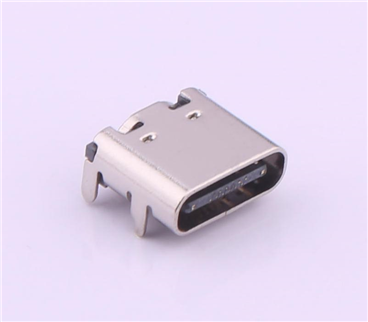
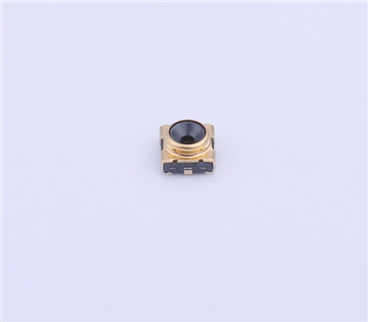
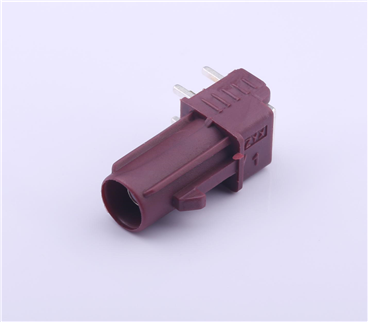
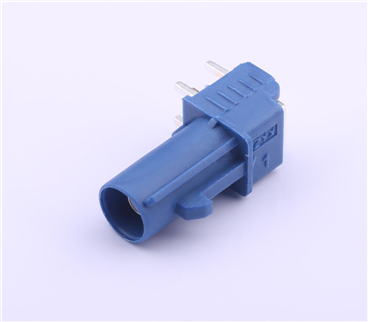
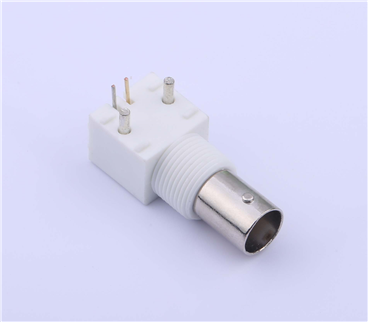
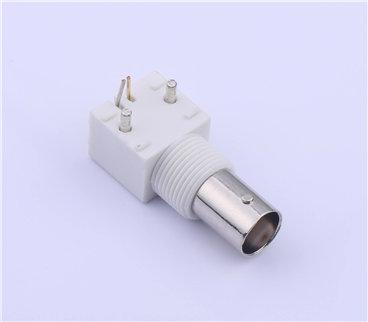
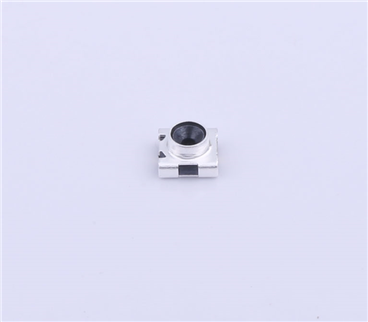
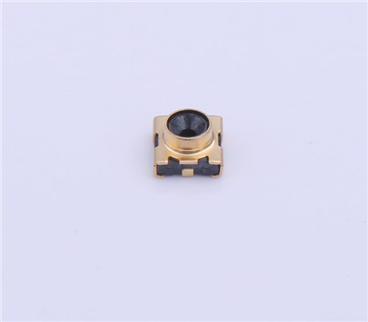
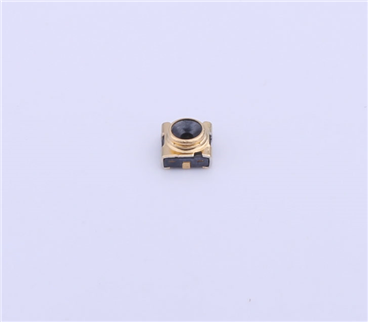
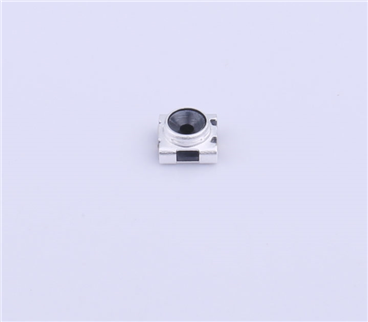
Copyright © Shenzhen Kinghelm Electronics Co., Ltd. all rights reservedYue ICP Bei No. 17113853